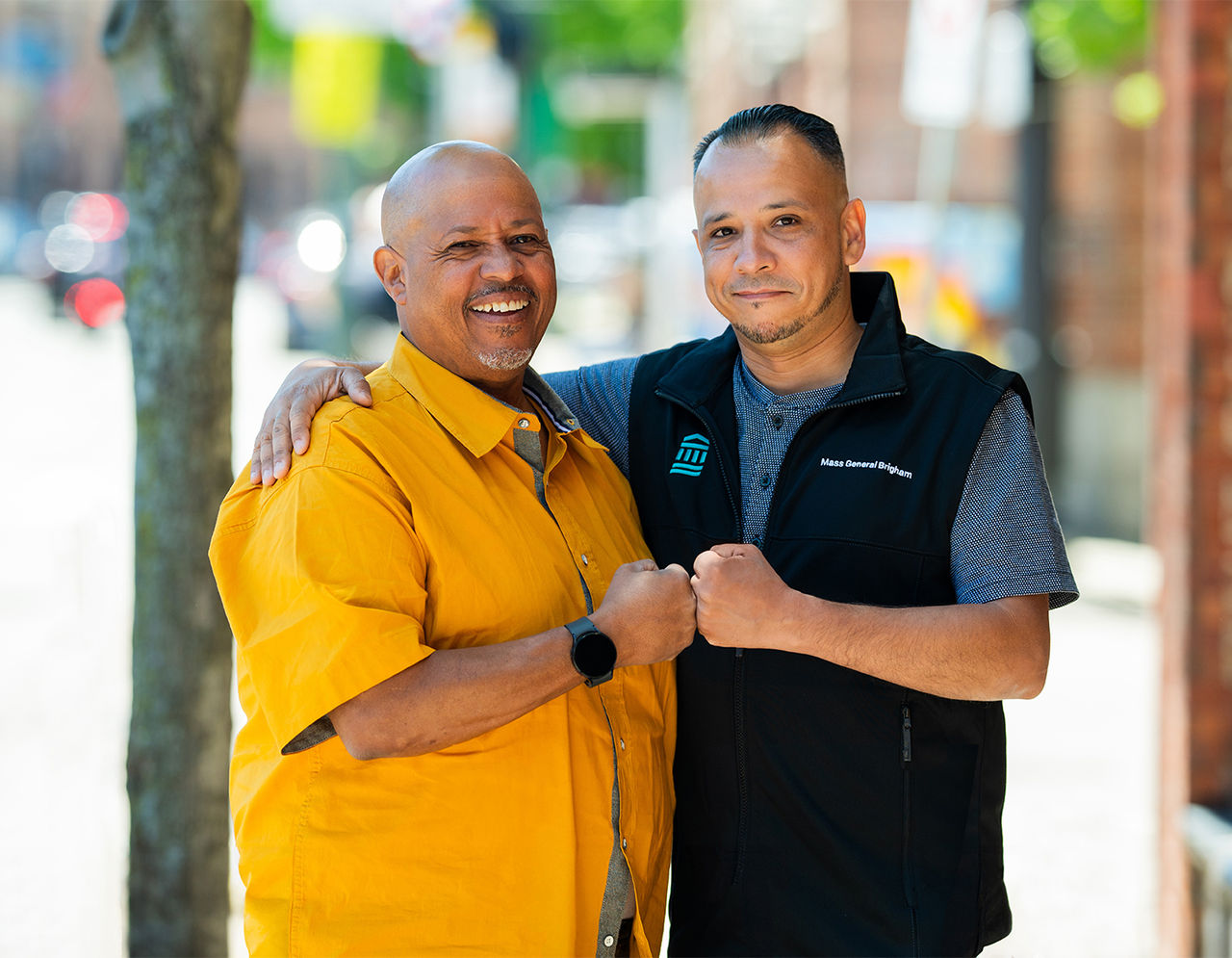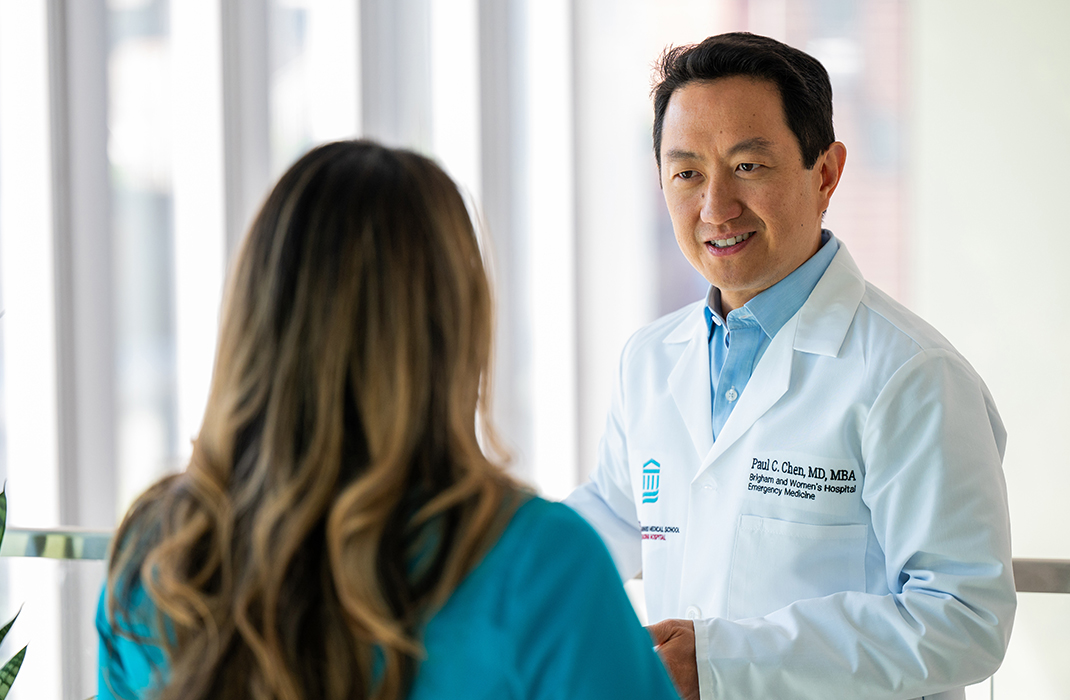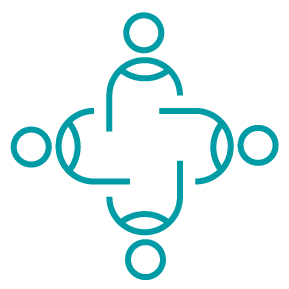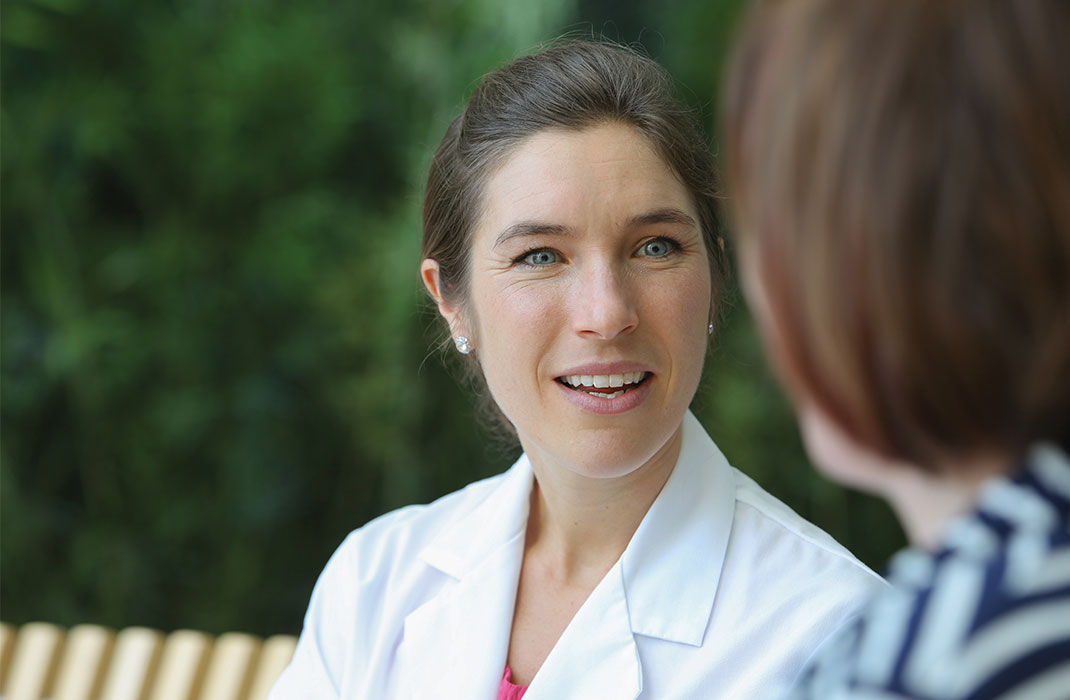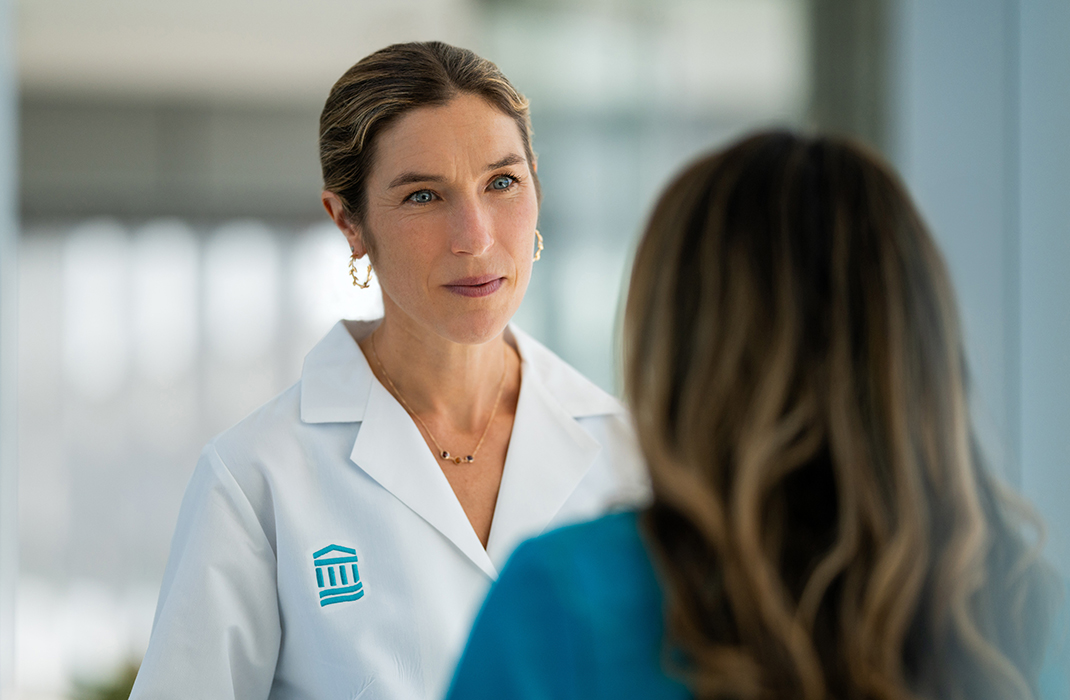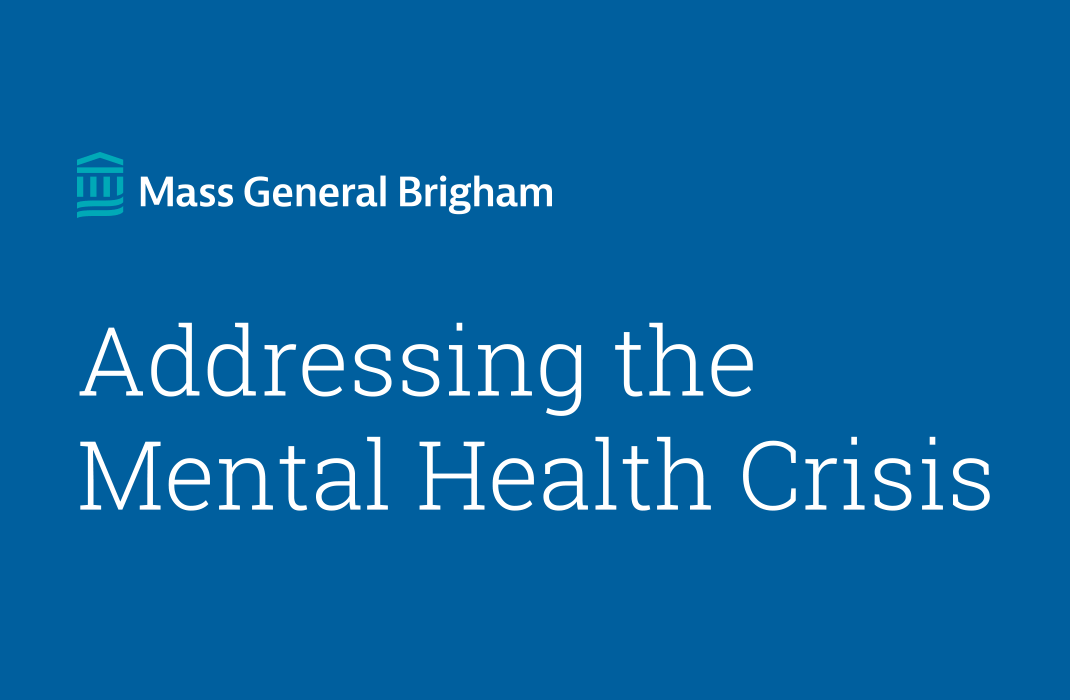-
- Find Care
-
- Visitor Information
- Find a Location
- Shuttles
- Visitor Policies
-
-
-
- Our Virtual Care Options
- Virtual Urgent Care
- Virtual Visits for Primary & Specialty Care
- Online Second Opinions
- Participate in Research
-
- Contact us
-
- For Innovators
- Commercialization Guide for Innovators
-
-
- Research News
- Alzheimer's Disease
- Artificial Intelligence
-
- Overview
-
- Overview
- Getting Started
- New to Mass General Brigham
- International Patient Services
- What Is Patient Gateway?
- Planning Your Visit
- Find a Doctor (opens link in new tab)
- Appointments
- Patient Resources
- Health & Wellness
- Flu, COVID-19, & RSV
- Billing & Insurance
- Financial Assistance
- Medicare and MassHealth ACOs
- Participate in Research
- Educational Resources
- Visitor Information
- Find a Location
- Shuttles
- Visitor Policies
- Find Care
-
- Overview
- Services & Specialties
- We’re One Against Cancer
- Primary Care
- Emergency Care
- Urgent Care
- Virtual Care & Virtual Urgent Care
- Healthcare at Home
- Heart & Vascular Care
- Mass General Brigham Community Physicians
- Rehabilitation
- Sports Medicine
- Hospitals
- Hospital Locations
- Information About Our Hospitals
-
- Overview
- Our Virtual Care Options
- Virtual Urgent Care
- Virtual Visits for Primary & Specialty Care
- Online Second Opinions
-
- Overview
- Participate in Research
-
- Overview
- About Innovation
- About
- Team
- News
- For Industry
- Venture Capital and Investments
- World Medical Innovation Forum (opens link in new tab)
- Featured Licensing Opportunities
- For Innovators
- Commercialization Guide for Innovators
- Contact us
-
- Overview
- Information for Researchers
- Compliance Office
- Research Cores
- Clinical Trials
- Advisory Services
- Featured Research
- Two Centuries of Breakthroughs
- Advances in Motion (opens link in new tab)
- Brigham on a Mission (opens link in new tab)
- Gene and Cell Therapy Institute
- Research News
- Alzheimer's Disease
- Artificial Intelligence
-
- Overview
-
- Overview
- Residency & fellowship programs
- Brigham and Women's Hospital
- Massachusetts General Hospital
- Mass Eye and Ear
- Newton-Wellesley Hospital
- Salem Hospital
- Integrated Mass General Brigham Programs
- Centers of Expertise
- Global & Community Health
- Health Policy & Management
- Healthcare Quality & Patient Safey
- Medical Education
- For trainees
- Prospective trainees
- Incoming trainees
- Current trainees
- Continuing Professional Development
- Patient Care
- Services and Specialties
- Substance Use Disorder Bridge Clinics
Mass General Brigham Bridge Clinics are welcoming, easy-to-access outpatient centers designed to support each person on their journey to recovery from alcohol or drug addiction. We offer walk-in or scheduled care, providing a range of services including medication for addiction treatment, counseling, peer support, resource navigation, mental health care, and harm reduction services.
Bridge Clinic locations
To get care for substance use, please visit one of the locations listed below.
-
Address
55 Fruit Street
Cox Building, Suite 110
Boston, MA 02114
Phone -
Address
75 Francis Street
Boston, MA 02115
Phone -
Address
55 Highland Avenue
Highland Hall, Suite 201
Salem, MA 01970
Phone -
Address
600 Primrose Street
Haverhill, MA 01830
Phone
Recovery coaches provide peer support
A recovery coach is a person who themselves is in recovery from a substance use disorder. They have a shared lived experience with a person who's trying to access care. They are an essential nonclinical member of the Mass General Brigham Bridge Clinics care team.
